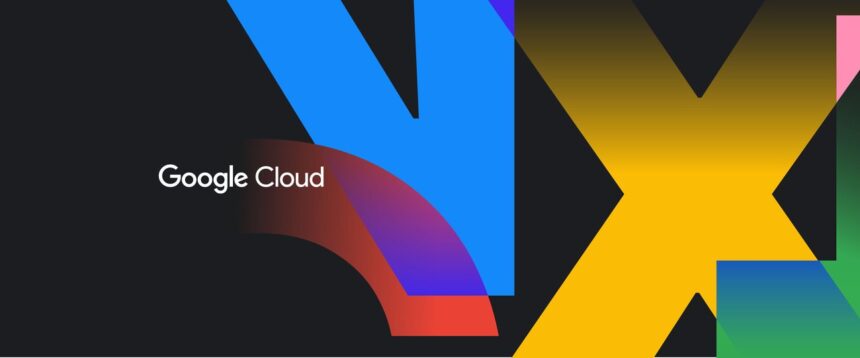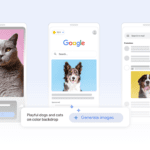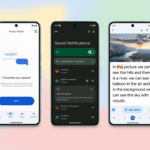During the yearly developer keynote, Richard Seroter, the Chief Evangelist at Google Cloud, and Chloe Condon, the Sr. Developer Relations Engineer, outlined how Google Cloud caters to organizations at their current stage and assists them in shaping their future growth.
If you didn’t catch the main event, you can find all 218 announcements on the Google Cloud blog. Here’s a summary of five significant moments:
1. Broader access to top models
Gemini 1.5 Pro, Google’s powerful foundation model, is now in public preview in Vertex AI for Google Cloud customers. With Gemini’s versatile capabilities, users can handle various content formats like text, audio, video, and code from a single interface.
Additionally, CodeGemma, a new model from the Gemma family, has been introduced to Vertex AI, offering lightweight open models.
2. Improvements to AI Hypercomputer and custom chips
Google is expanding its AI infrastructure to simplify AI development. Enhancements to the AI Hypercomputer architecture, integrating TPUs, GPUs, and AI software, aim to enhance efficiency for AI training, tuning, and serving.
TPU v5p is now generally available, and the new Arm-based Axion CPU chip, Google’s latest custom silicon, maximizes performance and energy efficiency.
3. Enhanced data and coding for improved AI
Google enables better AI development by providing accessible, organized, and reliable data through features like connecting AI workloads to Google Search for accurate outputs.
Additionally, Gemini for Google Cloud offers AI-assisted features for easier cloud development, including Code Assist, Cloud Assist, and AI enhancements to security, databases, and analytics.
4. Increased creativity and collaboration
Google introduced various updates at Next to enhance team productivity. This includes Vids, an AI-powered video creation app for work, alongside enhancements to Translate and Workspace subscriptions offering new AI features.
5. Unveiling AI agents
Google Cloud customers are developing AI agents that go beyond simple responses. These agents work semi-autonomously to accomplish enterprise goals in areas like customer service, employee empowerment, creative ideation, data analysis, code creation, and cybersecurity.
For more insights on Cloud Next ’24, explore the Next ‘24 Collection.









